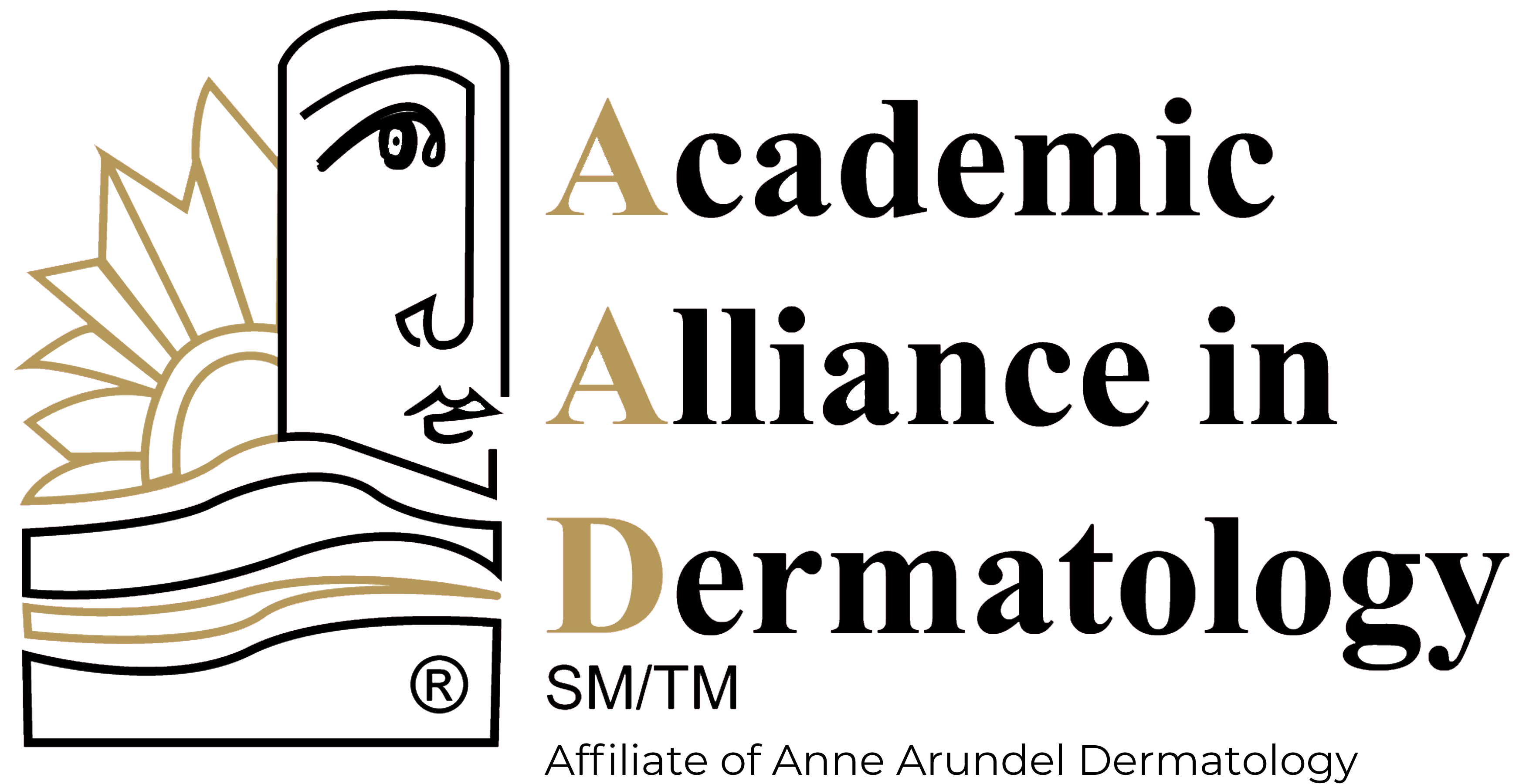Hair Diseases
Hair diseases can range from mild to severe and can have a significant impact on a person’s quality of life. At Academic Alliance in Dermatology, our team is dedicated to providing the latest and most effective treatments for a wide range of hair conditions. Whether you are dealing with hair loss, scalp conditions, or other hair-related issues, we are here to help you achieve the healthy and beautiful hair you deserve.
Types of Hair Diseases
There are a variety of hair diseases that may affect people of all ages, genders, and ethnicities. Our providers will conduct a comprehensive evaluation to discover which type of hair disorder is causing your symptoms. Some of the most common forms of hair diseases include:
Alopecia Areata
This hair disease occurs when your immune system mistakenly attacks the hair follicles, resulting in hair loss. As a result, many people with alopecia areata develop a round bald patch on their scalp. Alopecia areata may also cause your nails to become brittle and weak. The condition may occur at any age, but most people first experience it during their childhood or teenage years. If a close relative has alopecia areata, you may be at a higher risk of developing the disease.
Traction Alopecia
Traction alopecia is a condition caused by excessive tension on the hair follicles. It’s often the result of tight ponytails, braids, or weaves worn for long periods of time. Traction alopecia may also happen with the frequent use of hot tools like curling irons and straighteners. The best way to prevent this hair disease is to avoid wearing tight or pulled-back hairstyles for days on end and taking breaks between heat styling sessions.
Frontal Fibrosing Alopecia
Frontal fibrosing alopecia (FFA) is a type of hair loss that tends to occur gradually over time resulting in a receding hairline. Those with the condition may also lose hair anywhere else on the body, including the eyebrows. FFA is more common in post-menopausal women but may also occur in men. If caught early, FFA can be managed with topical medications, but if left untreated, the hair loss may become permanent.
Central Centrifugal Cicatricial Alopecia (CCCA)
CCCA is a hair disorder that may cause permanent hair loss and scarring on the scalp. It often begins with an itchy or burning sensation near the crown of your head, followed by patches of redness and inflammation. With time, these areas may become bald and develop scars. CCCA is most commonly found in African American women. However, men and people of all races may be affected. This condition can only be treated with medication prescribed by a dermatologist. Over-the-counter treatments will not reverse the hair loss associated with CCCA.
Male and Female Pattern Hair Loss
Male and female pattern hair loss is the most common type of alopecia. It’s caused by a combination of genetic predisposition and hormonal changes. Men typically experience receding hairlines, while women tend to have thinning hair on the top and sides of their heads. Treatment depends on the severity but may include topical medications, light therapy, and hair transplantation.
What Causes Hair Diseases?
Hair diseases can have a variety of causes, including genetic factors, underlying medical conditions, and lifestyle habits. In some cases, hair diseases may be the result of a combination of these factors. However, an accurate diagnosis is required to adequately address the condition and determine its cause. Common causes of a hair disease may include:
- Stress
- Genetics
- Hair styling practices such as tight braiding
- Environmental factors such as extreme temperatures
- Nutritional deficiencies
- Hormonal changes
- Certain medications
Common Symptoms of Hair Diseases
The symptoms of a hair disease may vary depending on the type and severity. Common signs and symptoms may include:
- Patchy bald spots
- Full-body hair loss
- Itching or burning scalp
- Excessive shedding
- Thinning of the hair
If you notice any of the above symptoms, it’s important to seek help from a medical professional. At Academic Alliance in Dermatology, we are committed to providing quality patient care. We believe in taking a personalized approach to treatment and utilizing the latest technology to ensure optimal results. Our multifaceted approach takes aesthetic and medical needs into consideration for each individual, helping to provide the best possible outcome.
Hair Disease Treatments
Depending on the type of hair disease, treatment options may include topical medications, hair transplantation, light therapy, and platelet-rich plasma (PRP) therapy.
At Academic Alliance in Dermatology, we are well-versed in treating a variety of hair diseases and offer evidence-based treatments tailored to each patient. We understand the importance of hair health and are committed to helping you find the best solution for your hair needs.
